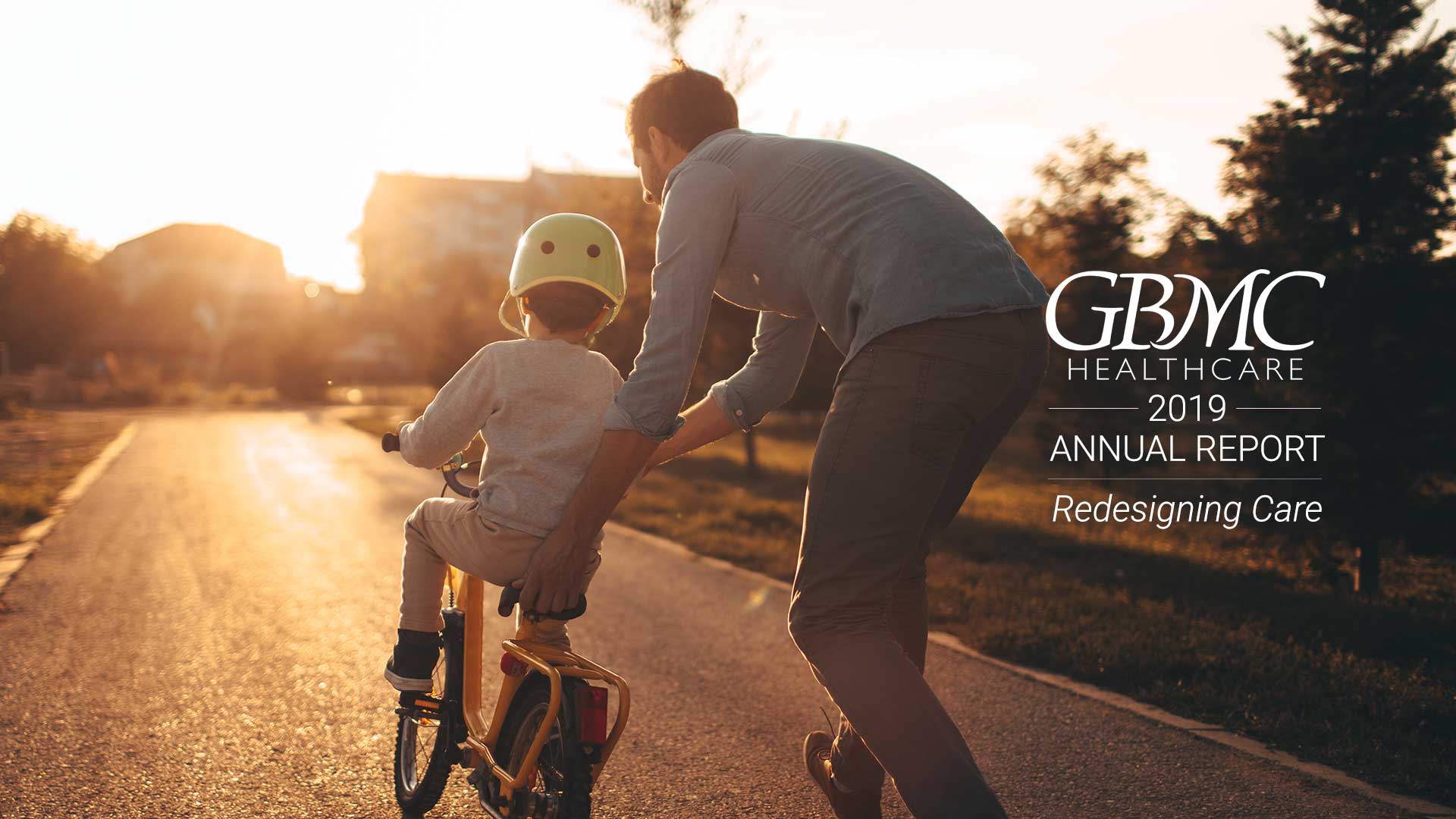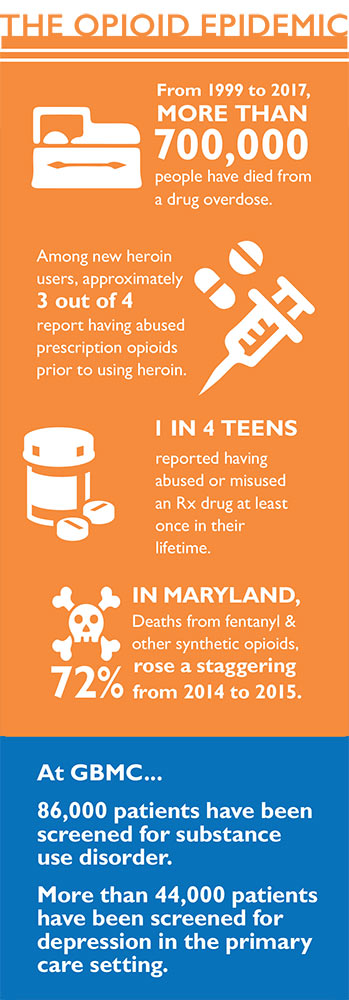Error message
Warning: Undefined array key 0 in _createNestedMenu() (line 97 of modules/custom/hg_mercury_dxe_features/modules/hg_mercury_menu/hg_mercury_menu.module).
_createNestedMenu() (Line: 38)
hg_mercury_menu_preprocess_paragraph__mercury_menu()
call_user_func_array() (Line: 261)
Drupal\Core\Theme\ThemeManager->render() (Line: 490)
Drupal\Core\Render\Renderer->doRender() (Line: 248)
Drupal\Core\Render\Renderer->render() (Line: 484)
Drupal\Core\Template\TwigExtension->escapeFilter() (Line: 90)
__TwigTemplate_71c1aad04db8feb013f721ea35d014c6->doDisplay() (Line: 402)
Twig\Template->yield() (Line: 358)
Twig\Template->display() (Line: 373)
Twig\Template->render() (Line: 51)
Twig\TemplateWrapper->render() (Line: 33)
twig_render_template() (Line: 348)
Drupal\Core\Theme\ThemeManager->render() (Line: 490)
Drupal\Core\Render\Renderer->doRender() (Line: 503)
Drupal\Core\Render\Renderer->doRender() (Line: 248)
Drupal\Core\Render\Renderer->render() (Line: 484)
Drupal\Core\Template\TwigExtension->escapeFilter() (Line: 86)
__TwigTemplate_66b47bd8f3477dc983b8fbf8dd0e186b->block_content() (Line: 446)
Twig\Template->yieldBlock() (Line: 69)
__TwigTemplate_66b47bd8f3477dc983b8fbf8dd0e186b->doDisplay() (Line: 402)
Twig\Template->yield() (Line: 358)
Twig\Template->display() (Line: 373)
Twig\Template->render() (Line: 51)
Twig\TemplateWrapper->render() (Line: 33)
twig_render_template() (Line: 348)
Drupal\Core\Theme\ThemeManager->render() (Line: 490)
Drupal\Core\Render\Renderer->doRender() (Line: 503)
Drupal\Core\Render\Renderer->doRender() (Line: 248)
Drupal\Core\Render\Renderer->render() (Line: 484)
Drupal\Core\Template\TwigExtension->escapeFilter() (Line: 535)
__TwigTemplate_8b62e61c2b95a25b7cfb32c60f3e720d->doDisplay() (Line: 402)
Twig\Template->yield() (Line: 358)
Twig\Template->display() (Line: 373)
Twig\Template->render() (Line: 51)
Twig\TemplateWrapper->render() (Line: 33)
twig_render_template() (Line: 348)
Drupal\Core\Theme\ThemeManager->render() (Line: 490)
Drupal\Core\Render\Renderer->doRender() (Line: 248)
Drupal\Core\Render\Renderer->render() (Line: 238)
Drupal\Core\Render\MainContent\HtmlRenderer->Drupal\Core\Render\MainContent\{closure}() (Line: 637)
Drupal\Core\Render\Renderer->executeInRenderContext() (Line: 231)
Drupal\Core\Render\MainContent\HtmlRenderer->prepare() (Line: 128)
Drupal\Core\Render\MainContent\HtmlRenderer->renderResponse() (Line: 90)
Drupal\Core\EventSubscriber\MainContentViewSubscriber->onViewRenderArray()
call_user_func() (Line: 111)
Drupal\Component\EventDispatcher\ContainerAwareEventDispatcher->dispatch() (Line: 186)
Symfony\Component\HttpKernel\HttpKernel->handleRaw() (Line: 76)
Symfony\Component\HttpKernel\HttpKernel->handle() (Line: 53)
Drupal\Core\StackMiddleware\Session->handle() (Line: 48)
Drupal\Core\StackMiddleware\KernelPreHandle->handle() (Line: 28)
Drupal\Core\StackMiddleware\ContentLength->handle() (Line: 201)
Drupal\page_cache\StackMiddleware\PageCache->fetch() (Line: 138)
Drupal\page_cache\StackMiddleware\PageCache->lookup() (Line: 87)
Drupal\page_cache\StackMiddleware\PageCache->handle() (Line: 48)
Drupal\Core\StackMiddleware\ReverseProxyMiddleware->handle() (Line: 51)
Drupal\Core\StackMiddleware\NegotiationMiddleware->handle() (Line: 36)
Drupal\Core\StackMiddleware\AjaxPageState->handle() (Line: 51)
Drupal\Core\StackMiddleware\StackedHttpKernel->handle() (Line: 741)
Drupal\Core\DrupalKernel->handle() (Line: 19)
Warning: Trying to access array offset on null in _createNestedMenu() (line 97 of modules/custom/hg_mercury_dxe_features/modules/hg_mercury_menu/hg_mercury_menu.module).
_createNestedMenu() (Line: 38)
hg_mercury_menu_preprocess_paragraph__mercury_menu()
call_user_func_array() (Line: 261)
Drupal\Core\Theme\ThemeManager->render() (Line: 490)
Drupal\Core\Render\Renderer->doRender() (Line: 248)
Drupal\Core\Render\Renderer->render() (Line: 484)
Drupal\Core\Template\TwigExtension->escapeFilter() (Line: 90)
__TwigTemplate_71c1aad04db8feb013f721ea35d014c6->doDisplay() (Line: 402)
Twig\Template->yield() (Line: 358)
Twig\Template->display() (Line: 373)
Twig\Template->render() (Line: 51)
Twig\TemplateWrapper->render() (Line: 33)
twig_render_template() (Line: 348)
Drupal\Core\Theme\ThemeManager->render() (Line: 490)
Drupal\Core\Render\Renderer->doRender() (Line: 503)
Drupal\Core\Render\Renderer->doRender() (Line: 248)
Drupal\Core\Render\Renderer->render() (Line: 484)
Drupal\Core\Template\TwigExtension->escapeFilter() (Line: 86)
__TwigTemplate_66b47bd8f3477dc983b8fbf8dd0e186b->block_content() (Line: 446)
Twig\Template->yieldBlock() (Line: 69)
__TwigTemplate_66b47bd8f3477dc983b8fbf8dd0e186b->doDisplay() (Line: 402)
Twig\Template->yield() (Line: 358)
Twig\Template->display() (Line: 373)
Twig\Template->render() (Line: 51)
Twig\TemplateWrapper->render() (Line: 33)
twig_render_template() (Line: 348)
Drupal\Core\Theme\ThemeManager->render() (Line: 490)
Drupal\Core\Render\Renderer->doRender() (Line: 503)
Drupal\Core\Render\Renderer->doRender() (Line: 248)
Drupal\Core\Render\Renderer->render() (Line: 484)
Drupal\Core\Template\TwigExtension->escapeFilter() (Line: 535)
__TwigTemplate_8b62e61c2b95a25b7cfb32c60f3e720d->doDisplay() (Line: 402)
Twig\Template->yield() (Line: 358)
Twig\Template->display() (Line: 373)
Twig\Template->render() (Line: 51)
Twig\TemplateWrapper->render() (Line: 33)
twig_render_template() (Line: 348)
Drupal\Core\Theme\ThemeManager->render() (Line: 490)
Drupal\Core\Render\Renderer->doRender() (Line: 248)
Drupal\Core\Render\Renderer->render() (Line: 238)
Drupal\Core\Render\MainContent\HtmlRenderer->Drupal\Core\Render\MainContent\{closure}() (Line: 637)
Drupal\Core\Render\Renderer->executeInRenderContext() (Line: 231)
Drupal\Core\Render\MainContent\HtmlRenderer->prepare() (Line: 128)
Drupal\Core\Render\MainContent\HtmlRenderer->renderResponse() (Line: 90)
Drupal\Core\EventSubscriber\MainContentViewSubscriber->onViewRenderArray()
call_user_func() (Line: 111)
Drupal\Component\EventDispatcher\ContainerAwareEventDispatcher->dispatch() (Line: 186)
Symfony\Component\HttpKernel\HttpKernel->handleRaw() (Line: 76)
Symfony\Component\HttpKernel\HttpKernel->handle() (Line: 53)
Drupal\Core\StackMiddleware\Session->handle() (Line: 48)
Drupal\Core\StackMiddleware\KernelPreHandle->handle() (Line: 28)
Drupal\Core\StackMiddleware\ContentLength->handle() (Line: 201)
Drupal\page_cache\StackMiddleware\PageCache->fetch() (Line: 138)
Drupal\page_cache\StackMiddleware\PageCache->lookup() (Line: 87)
Drupal\page_cache\StackMiddleware\PageCache->handle() (Line: 48)
Drupal\Core\StackMiddleware\ReverseProxyMiddleware->handle() (Line: 51)
Drupal\Core\StackMiddleware\NegotiationMiddleware->handle() (Line: 36)
Drupal\Core\StackMiddleware\AjaxPageState->handle() (Line: 51)
Drupal\Core\StackMiddleware\StackedHttpKernel->handle() (Line: 741)
Drupal\Core\DrupalKernel->handle() (Line: 19)
Peer Recovery Story
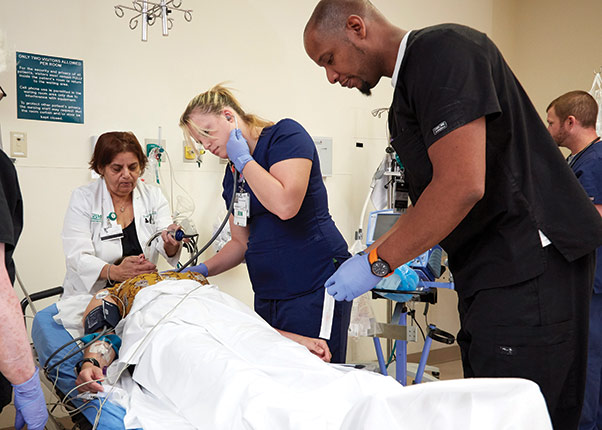
Empathy is the biggest driver of human connection. Not just to be able to recognize someone’s suffering, but sit in it with them and say, “I see you, and we will get through this together.”
That is the powerful nature and performance of GBMC’s Peer Recovery Coaches.
Logistically, a patient over the age of 18 comes into the Emergency Department and is evaluated during the triage process for substance abuse issues. If they screen positive, a Peer Recovery Coach is notified through EPIC, GBMC’s electronic medical records system, and called for intervention.
Anecdotally, Peer Recovery Coaches have been there. They have walked in these patients’ shoes. This isn’t a third party telling them they need help. A Peer Recovery Coach sits with them in the discomfort and hard times of dealing with a substance abuse issue to make sure they can get help if they need it and want it.
According to Clinical Nurse and Screening, Brief, Intervention and Referral to Treatment Program (SBIRT) Team Lead, Brandy Leonard BSN, RN, FNE A/P, “most of the time it’s a great response.” “They end up understanding it’s not a doctor or a nurse talking to them,” Brandy said. “That these people who are coming in and offering them recovery services are in recovery themselves, so they seem to relate and open up better.”
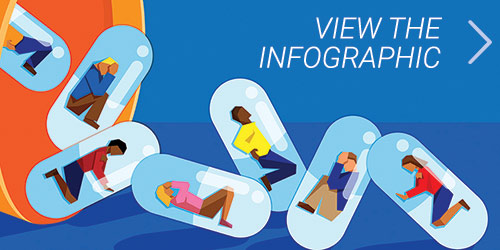
To date, 18 people have reached 90-day sobriety and more are on their way.
Three Peer Recovery Coaches and one Opioid Overdose Survivor Outreach Program (OSOP) Coach are available from 6 a.m. to 2:30 a.m. during the week and on weekends from 11 a.m. to 9:30 p.m. But Ron, GBMC’s OSOP coach, who follows patients in the community, works where he is needed.
“If we’ve gotten someone into recovery, he will follow up with them and go to meetings with them, go to court with them and kind of meet them where they are in the community and encourage them to keep going toward recovery services,” Brandy said.
One patient, April*, heard GBMC could help her with her addiction to painkillers, which had quickly progressed to a heroin addiction when she could no longer afford the painkillers. She was tired and ready for help.
Using GBMC’s Fast Track protocol, April received a dose of suboxone, which, according to American Addiction Centers, “has been called a ‘blockbuster’medication with the potential to reduce symptoms of opiate addiction and withdrawal,” and was set up for an appointment in two days.
Ideally, a patient would receive a follow-up appointment at a treatment program for continuum of care much sooner, but April’s insurance issues delayed her appointment. GBMC provided her with interim care until the appointment, even when she missed the first one. Ron accompanied her to the second one to ensure she got the treatment she desperately needed and, ultimately, changed her life.
Not all patients just show up to the Emergency Department seeking treatment. In Jason’s case, he was picked up from the side of the road in downtown Baltimore City by a Good Samaritan who brought him to GBMC, passing other hospitals along the way, because it was the place she trusted to care for her own family. Jason was not her loved one, but she believed he still deserved the best care.
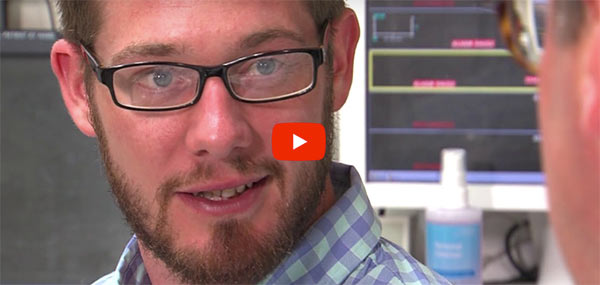
Addicted to opioids and suffering from their effects, Jason was treated for his immediate medical needs in the Emergency Department and was matched with a Peer Recovery Coach for ongoing treatment and follow-up, but, more importantly, support and empowerment.
Today, Jason is happily married, employed as a subcontractor and said, “I couldn’t have a better life!” These are just two of 5,000 patients who have screened positive since the implementation of SBIRT (Screening, Brief Intervention and Referral to Treatment) Progam in March 2018. Having Peer Recovery Coaches almost 24/7 provides GBMC the unique opportunity to provide the best care for those struggling in this epidemic. For Brandy, she loves this work because it is literally how they treated her family member.
“Ron contacted a Peer Recovery Coach in Colorado to get my brother into classes and a peer recovery program out there,” Brandy said. “They have connections all over the country.”
For April and Jason, it changed their lives. All it took was someone acknowledging them and letting them know they weren’t alone.
